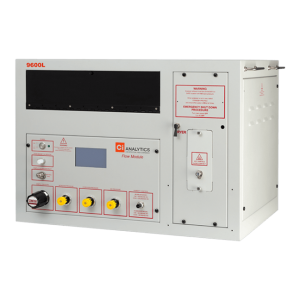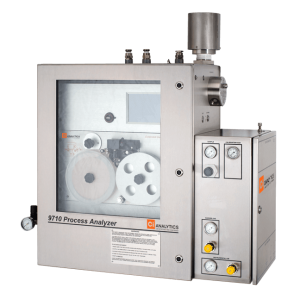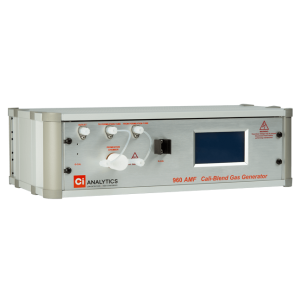Sulfur removal methods may include hydrotreatment and scrubbing with solid or liquid materials which react with the sulfur compounds. Scrubber materials for naphtha have a tremendous affinity for absorbing many different sulfur compounds, but eventually reach a saturation point, at which reactivity drops and no more sulfur can be absorbed. When this point is reached, the scrubber bed must be replaced or regenerated.
Sulfur compounds poison the polymerization process employed in converting ethylene and propylene to polyethylene and polypropylene, respectively. Very expensive catalyst chemicals are destroyed as a result of the poisoning. Because of this, sulfur compounds are scrubbed from ethylene and propylene process streams, normally at the refinery prior to the sale of the processor. Lead oxide scrubber beds are used as sulfur scavenger. Similar to an automobile catalytic converter, the scrubber bed consists of a large reactor vessel filled with millions of ceramic balls coated with lead oxide.
Lead oxide has a tremendous affinity for absorbing many different sulfur compounds, but eventually reaches a saturation point when the reactivity drops, and no more sulfur can be absorbed. When the saturation point is achieved, the scrubber must be regenerated. Usually, scrubber beds are operated in parallel, enabling one bed to be regenerated while the other remains online. Early sulfur detection helps prevent reactor problems during petroleum refining.
Sulfur in crude oil is present as mercaptans, mono- and disulfides, heterocyclic compounds such as thiophenes and benzothiophenes, and hydrogen sulfide (H2S). Moreover, during combustion of fuel products, sulfur may produce oxides forms (SOx), which are considered environmental pollutants. H2S in crude oil has a corrosive nature at high temperatures and in the presence of moisture. In lighter distillate fractions, sulfur may be present as a mixture of H2S, mercaptans and thiophenes. Conversely, in heavier crude oil fractions, sulfur is chemically linked to a complex ring chain of hydrocarbons forming stable and non-reactive species. As a consequence, sulfur removal from heavy fractions requires severe thermal or catalytic destructive reactions.
Without a sensitive, specific, online sulfur analyzer, the beds are regenerated every four to seven days as a safeguard. Bringing in a CI Analytics Total Sulfur Analyzer can virtually eliminate the need to perform unnecessary regeneration of the scrubber bed.
The growing global trend to reduce the sulfur content in petroleum products requires reliable and convenient sulfur measurement methodologies. As such, sulfur content control has become an industrial necessity at different processing stages throughout crude oil refining, and during fuel transportation, storage and distribution.
The Rateometric CI Analytics dry colorimetric method is a versatile option for laboratory and online sulfur monitoring needs. The CI Analytics total sulfur analyzer for gas and liquid fuels requires a minimum of sample preparation manipulation, reducing the occurrence of human error and the response time.



